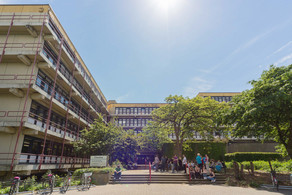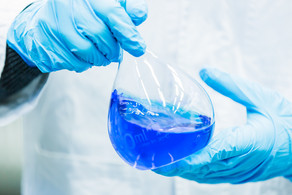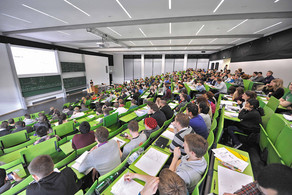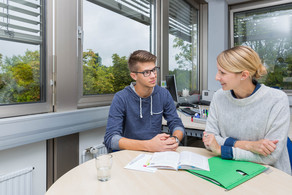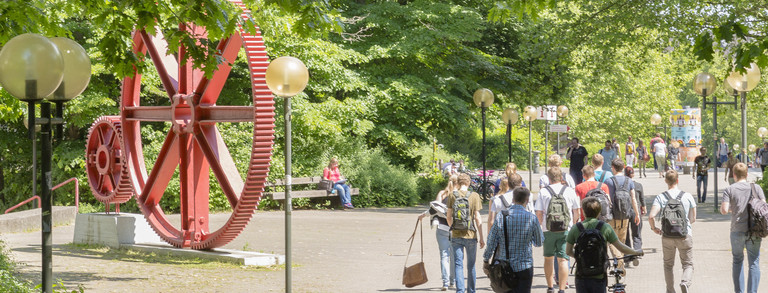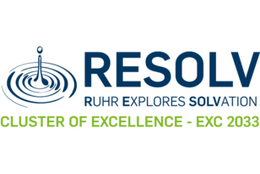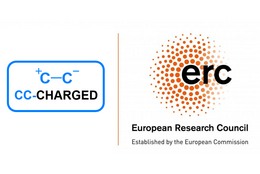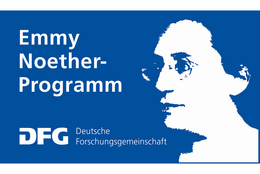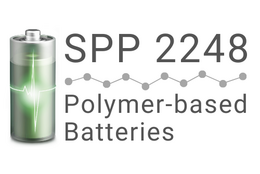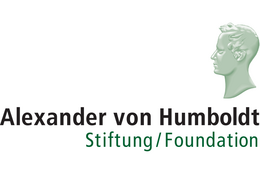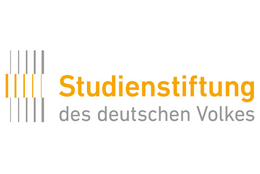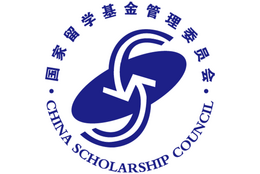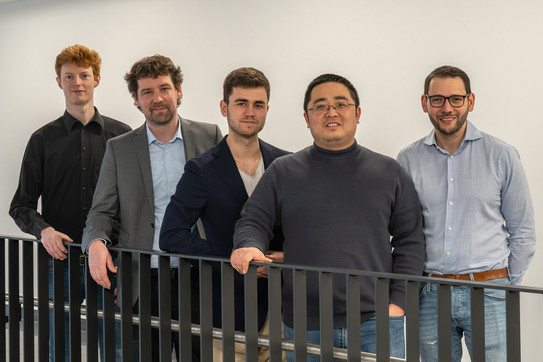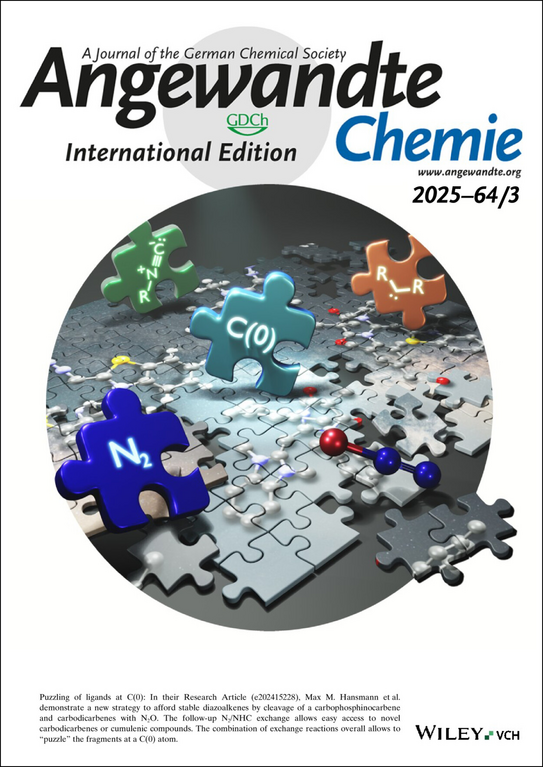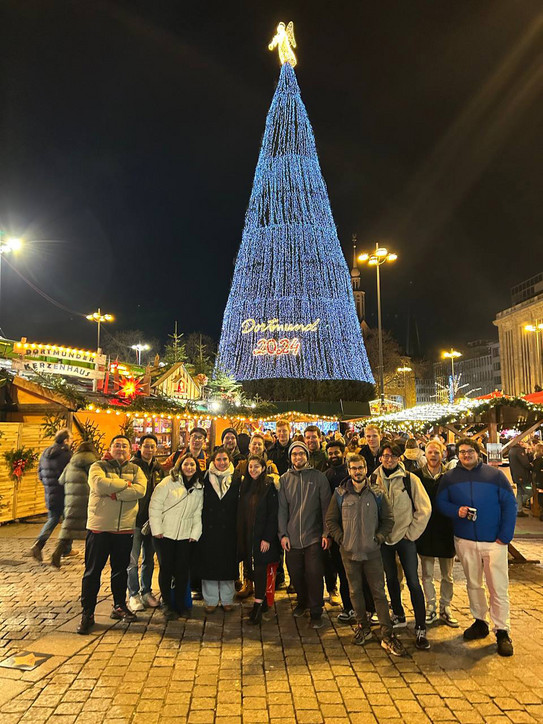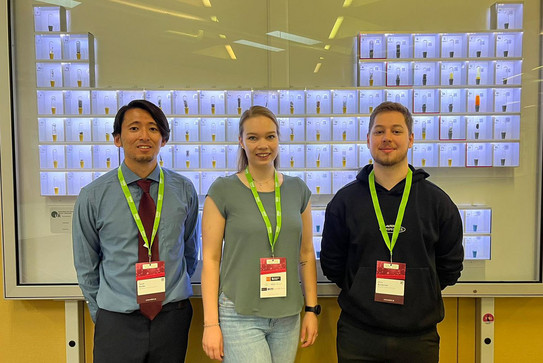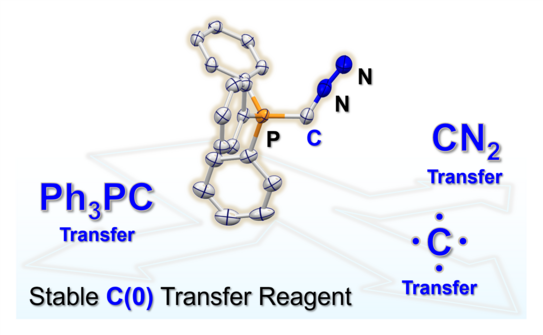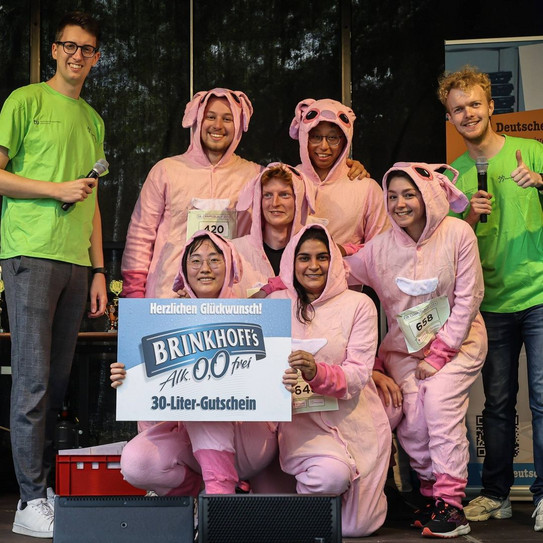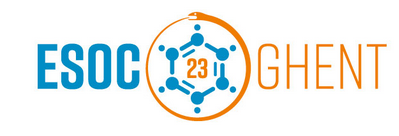Prof. Dr. Max Martin Hansmann
Technische Universität Dortmund
Fakultät für Chemie und Chemische Biologie
Organische Chemie
Otto-Hahn-Str. 6
44227 Dortmund
Germany
Room: C2-04-529
E-Mail: max.hansmanntu-dortmundde
Phone: +49 231 755 5362
Fax.: +49 231 755 5363
Secretary
Silvia Lessing
Room: 02-009
E-Mail: silvia.lessing@tu-dortmund.de
Phone: +49 231 755 3857
Fax.: +49 231 755 5363
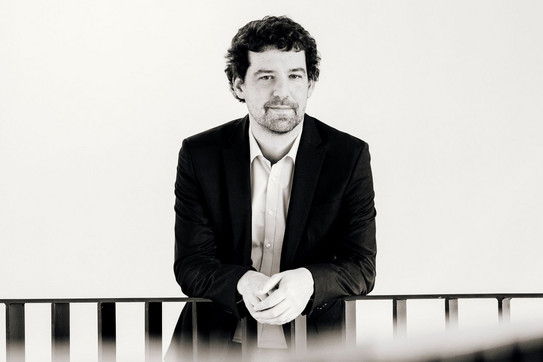
The Hansmann group is a synthetic organic group with overlap into the areas of main-group chemistry, spectroscopy, electro-chemistry and computational studies. Currently, we are interested in the synthesis of redox-active organic molecules and their application in photo-catalysis and redox-flow batteries. Furthermore, we are interested in unusual molecules such as strong carbon based donor ligands or unusual P-heterocycles.
Funding and Collaborative Programs
Open PhD Positions
We are currently looking for highly motivated students to join our research team and PhD positions are available. Our group recently received funding by the Emmy-Noether program of the DFG. In this project we are looking for students to work in the area of organic electron donors, electro- and photo-chemistry. Please consider applying to: Max Hansmann
PhD and Postdoc Positions (ERC funding)
We just received funding of the European Research Council (ERC Starting Grant) for the project CC-CHARGED. We are looking for highly motivated PhD students or Postdocs to join our team. The research will involve the synthesis of new stable organic compound classes, novel C-C bond polarization strategies, the synthesis of new reagents for organic synthesis and more. If you are interested please get in touch: Max Hansmann
News
„Very proud of a fantastic team! Our second Science paper is online: Science. We report a new reagent that allows to introduce C(sp3)-atoms into organic molecules.”

We are now on Bluesky!
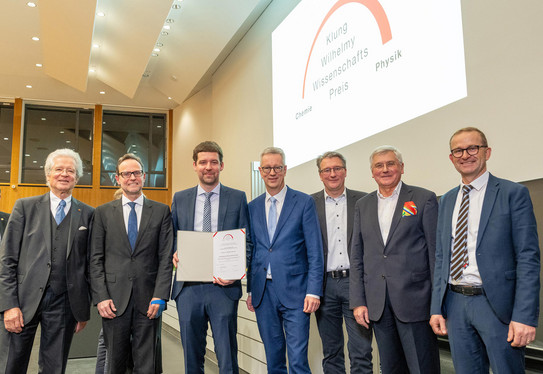
Max Hansmann receives the Klung-Wilhelmy Science prize in Berlin. A great honor and success for the group!"
Max Hansmann was elected as member of the inaugural Early Career Advisory Board of Organic Chemistry Frontiers. More information, see: https://pubs.rsc.org/en/content/articlelanding/2024/qo/d4qo90017k
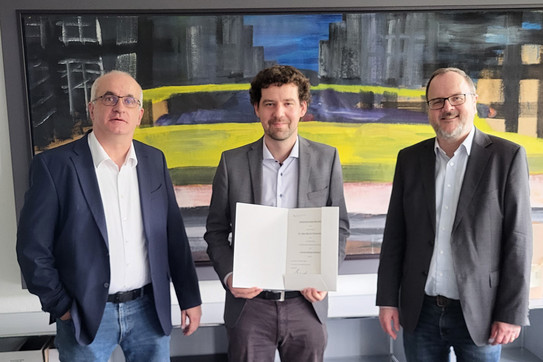
Max Hansmann got tenured and is now full professor at the faculty

Our group takes part in the “RESOLV Student Challenge 2024”. Win a paid and organized three month research stay in our group organized by RESOLV. Applications are possible from 09.10.2023-31.12.2023 (or 01.06.2024). Periods for the research stay can be selected between February 2024 till August 2024.

Justus presents his work on diazoalkenes on the “Dream Reactions” Symposium at the WWU Münster
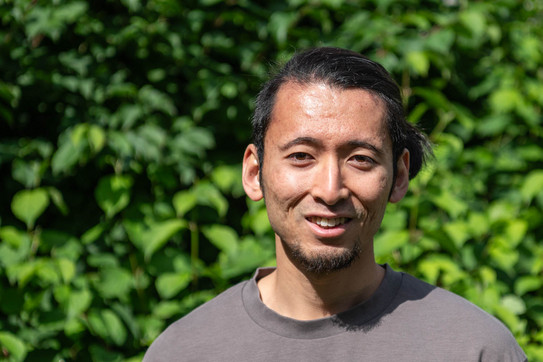
Dr. Taichi Koike from the Iwamoto lab (Tohoku University, Japan) joins our lab as the first Alexander von Humboldt scholar. Welcome!
Justus presents his work on diazoalkenes on the ESOC conference (09.07.-13.07) in Ghent, Belgium
We are a new member of the Cluster of Excellence “RESOLV” which focusses on solvation effects in chemistry. For details see: https://www.solvation.de/
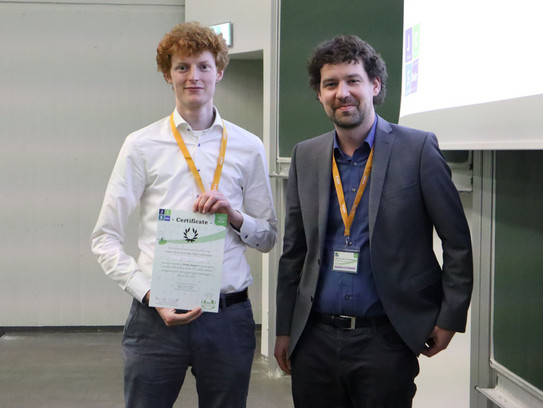
Patrick received the poster prize at the JungChemiker Symposium Ruhr 2023. Congratulations!
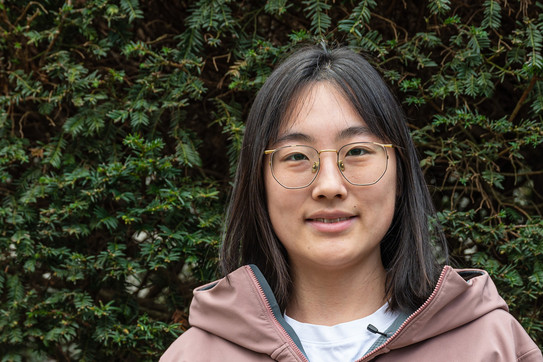
Yijie joined our group as our newest PhD student in 2023. She comes all the way from Nanjing University with a CSC scholarship. Welcome!
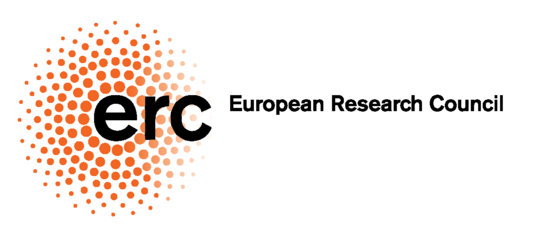
The group receives the prestigious ERC Starting grant for the project CC-CHARGED. The next five years we will study fundamental new organic compound classes, new bond polarization strategies, novel reagents for organic synthesis and more. Congratulations to the group!
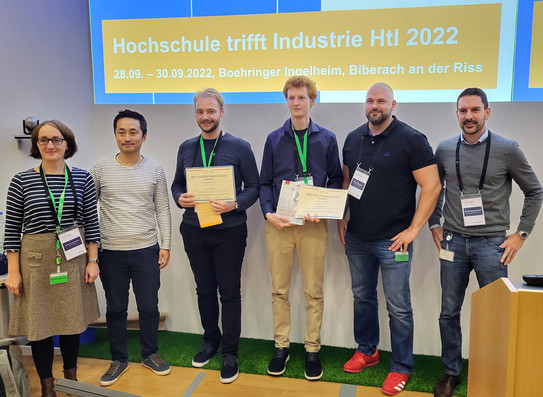
Patrick receives the presentation award at the meeting “Academia meets industry” in Bieberach an der Riss at Boehringer-Ingelheim. Congratulations!
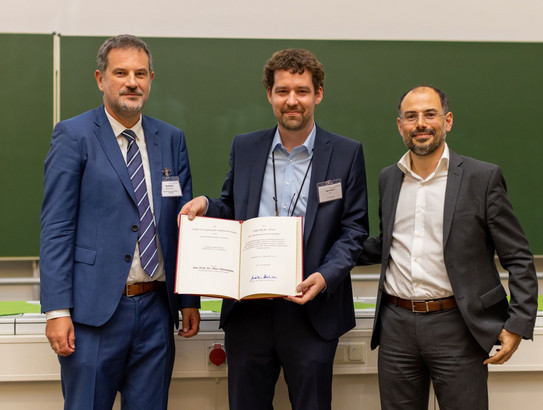
Max Hansmann receives the ORCHEM award of the Liebig association of the German Chemical Society. A great honor and congratulations to the group!
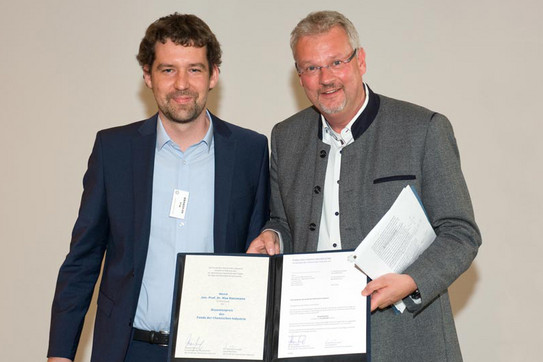
Max Hansmann receives the „Dozentenpreis“ des „Fonds der chemischen Industrie“. A great honor and congratulations to the group!

Max Hansmann receives the ADUC prize of the GDCH on the Chemiedozententagung in Saarbruecken. A great honor and big congrats to the team
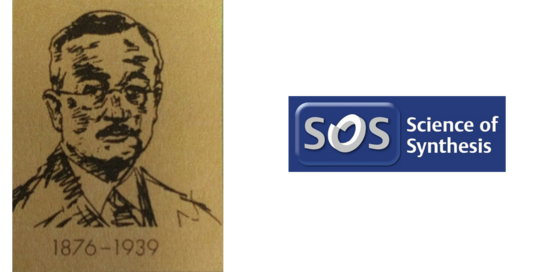
Max Hansmann receives the “Otto-Röhm-Gedächtnispreis” and was appointed as “Member of the Science of Synthesis Early Career Advisory Board”.
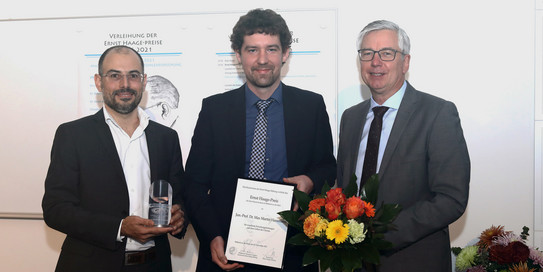
Max Hansmann receives the Ernst-Haage prize 2021 of the Max-Planck-Institute (CEC and KOFO). Congrats to the team!
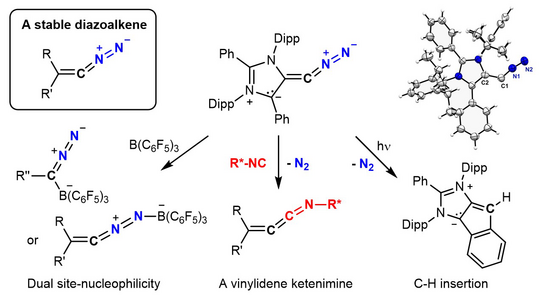
Our discovery of a new room temperature stable organic functional group is published online in Nature Chemistry.

The Hansmann group joined Twitter.
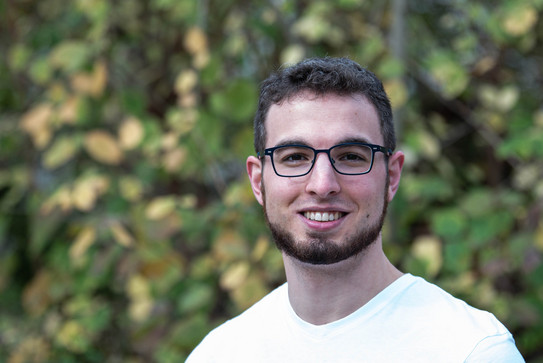
Justus joined our group as our newest PhD student in 2020. Welcome!
Emmy Noether program of the German Research Foundation
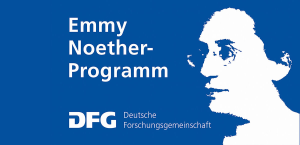
Our group received funding from the DFG as part of the Emmy Noether program. The research will combine experimental work from organic and inorganic chemistry and focus on the application of strong electron donors, such as organic hybrid molecules, in the fields of electro- and photo‑chemistry. Applications of interested candidates can be directly send by email to max.hansmanntu-dortmundde
SPP 2248 – Polymer batteries
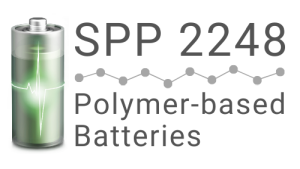
In collaboration with the research groups Theatό (KIT) and Bresser (Helmholtz Ulm) we received funding for the development of organic polymer batteries (DFG funding program SPP 2248). This interdisciplinary project (small radicals, polymer synthesis and battery assembly) will focus on the synthesis and physical characterization of small redox-active, paramagnetic organic molecules.

